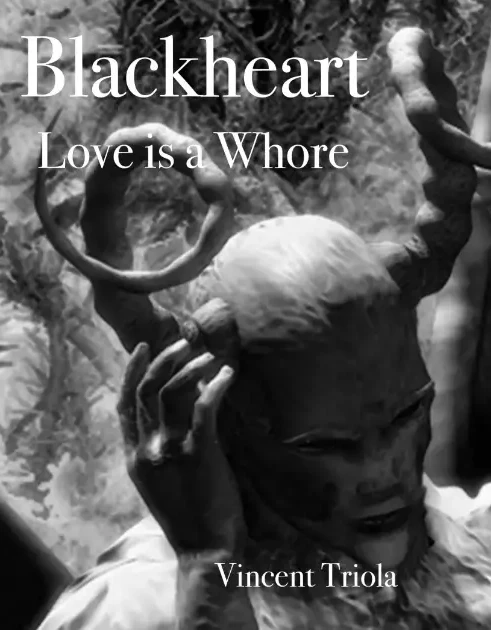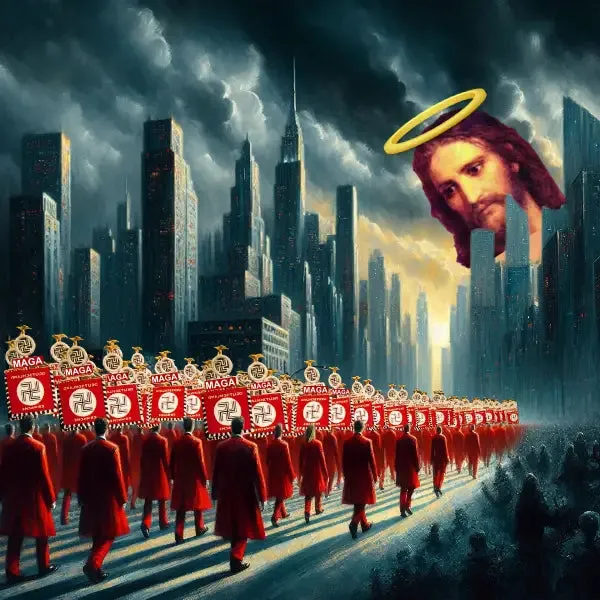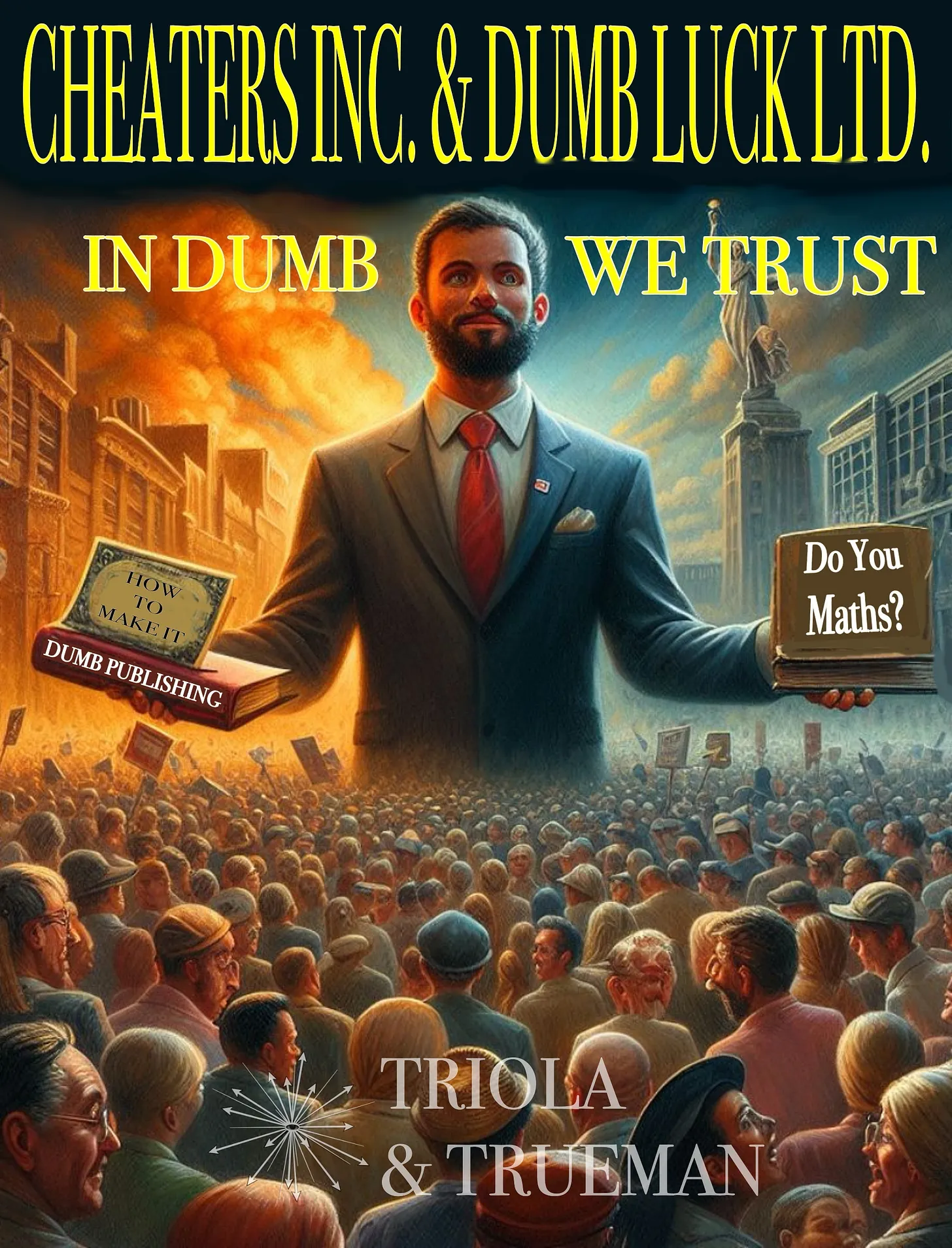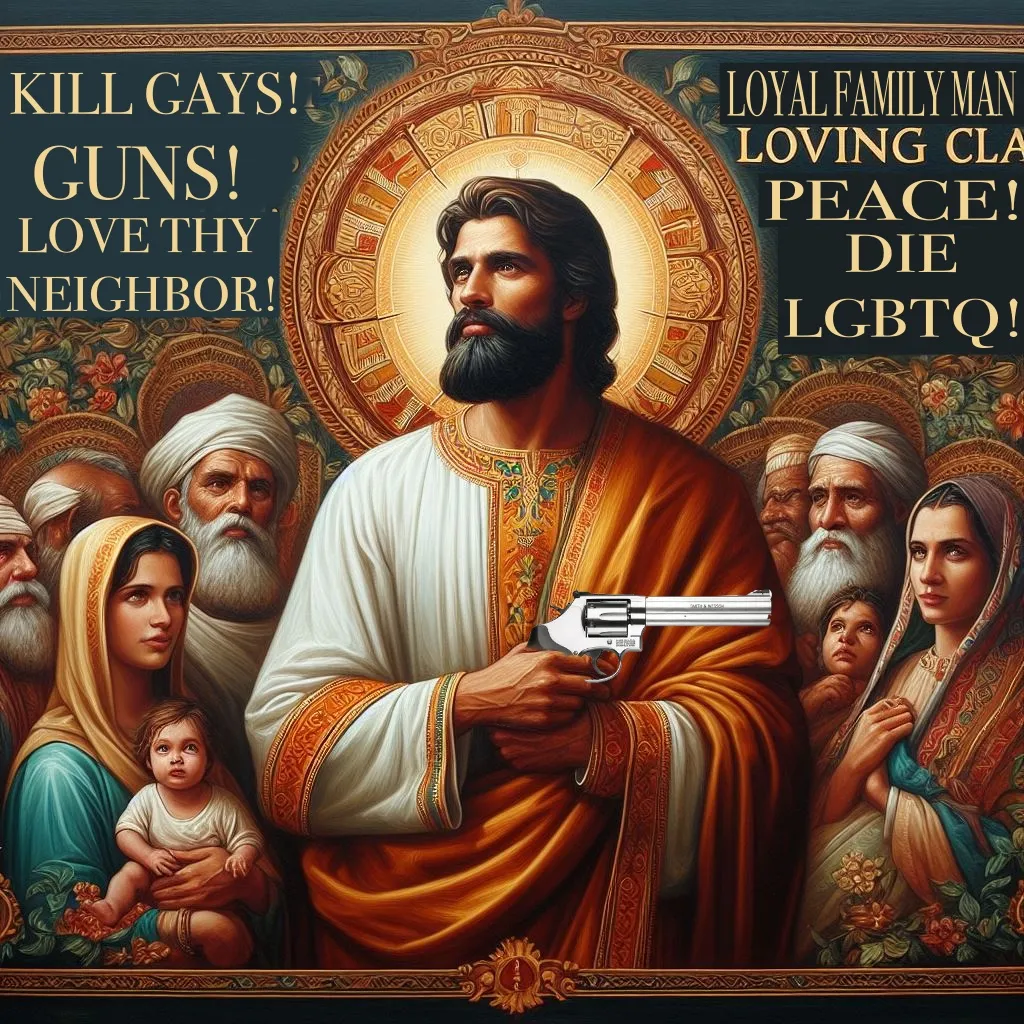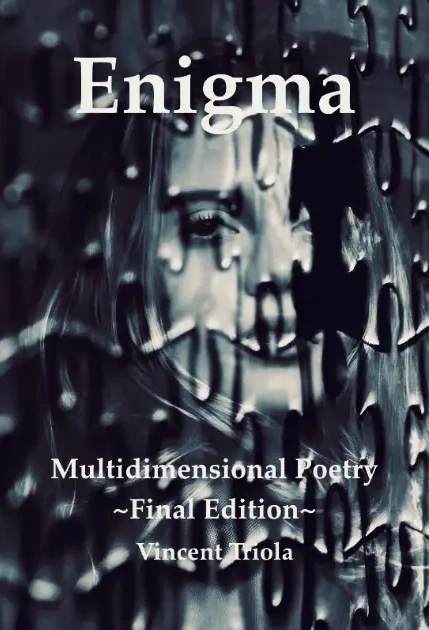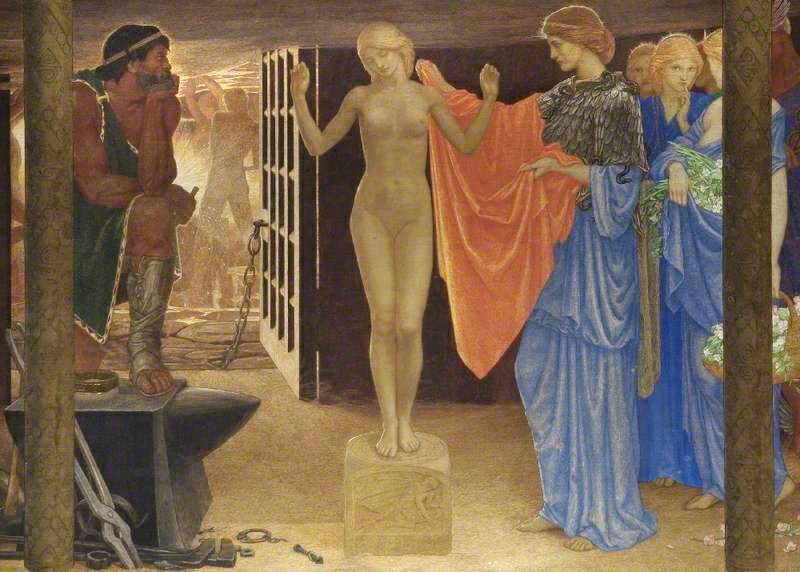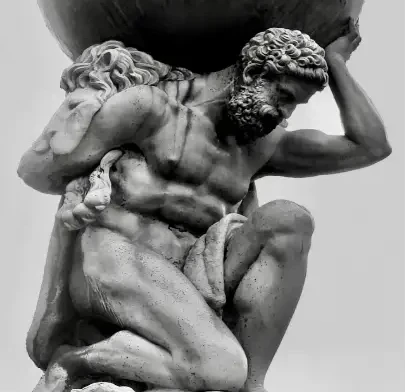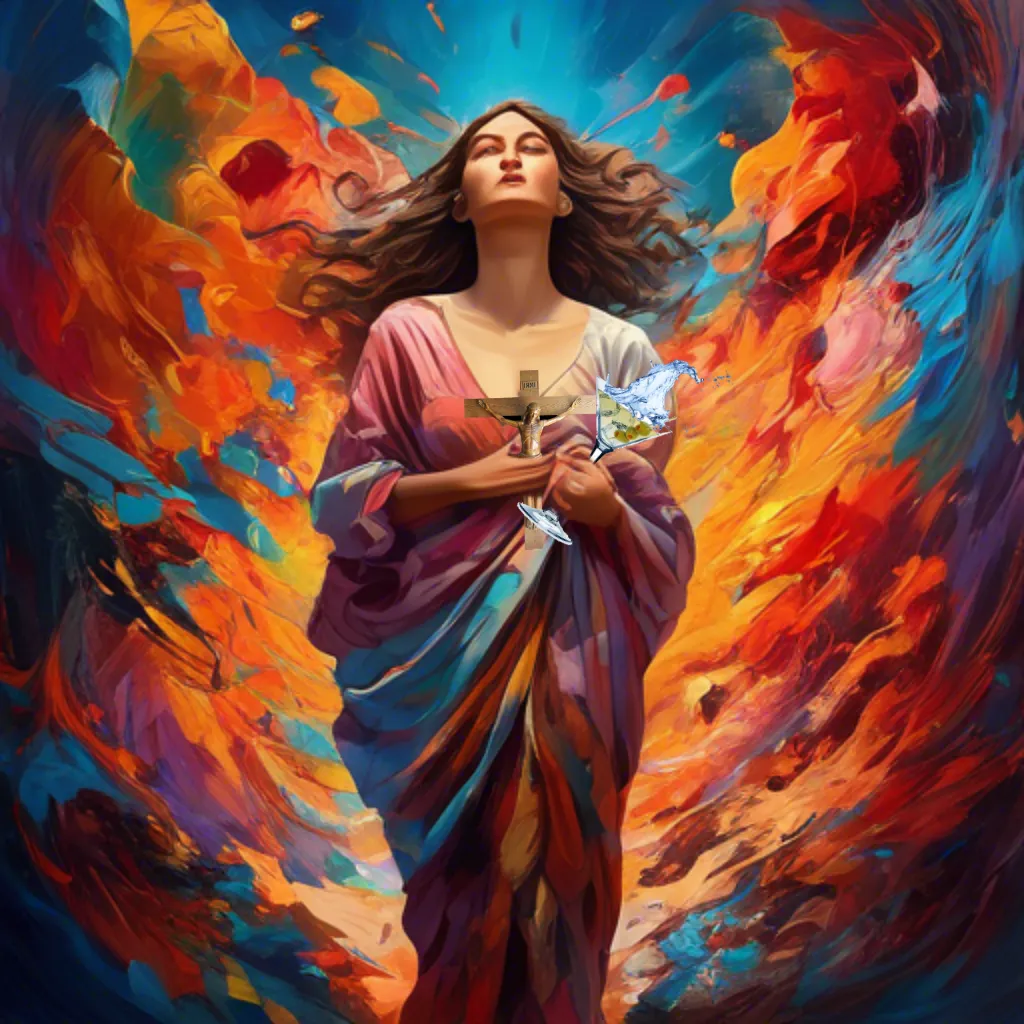Artist & Lunatic Divide

Viewing old writing has a surreal effect, having evolved from the person capable of producing the work. Left to collect dust in a box for several years after completion, the Blackheart manuscript emerged only for digital transcribing then remained dormant for twenty more years. In 2020, I performed a final edit of Blackheart but remained ambivalent to the material, perhaps bothered by the immaturity and lack of significance. More than those dissatisfactions, I don’t enjoy the reminder of the terrible time that took many years to overcome but could never fully make peace. Not wishing to interpret or explain this work, I delve more into the internal violence that spawned this material, hoping others might find the writing’s therapeutic value.
I don’t remember anyone teaching the meaning or definition of poetry though I am sure an elementary teacher loosely defined the subject. Reading poetry began in those years, and though I can’t remember the exact moment, I remember the draw to Poe’s Raven probably around fourth or fifth grade. Other poets and works like Casey at the Bat and The Road Less Traveled discovered in my parents’ anthology help enjoyment, but Poe captured fascination. In hindsight, this love of poetry marks both a passion for writing and a growing troubled mind.
By seventh grade, I began writing terrible poetry and prose, which read like bad eighties movies of the day. Lacking consideration for the reason I wrote, the works seemed like mental play. Distinctly I remember a friend reading my scrawl during a visit after seeing the masterpiece on my desk. He read, then frowned at me. “You wonder why your parents think you’re crazy?” Unable to remember the story, which I am sure fell in the trash bin later, I kept his words, though meaningless in the coming years of dark writing.
Around eighteen or nineteen, a different friend came to my home and told me his authorship desire. His words struck profoundly, and adopting his dream began active, purposeful writing from that day, especially poetry which increasingly exhibited negative emotion. I thought of myself as an artist, but years of abuse from bullies and shitty parents now culminated and eventually resulted in a psychotic break, requiring institutionalization. Blackheart’s writing preceded psychosis and became an emblem of the disturbance that destroyed a marriage, derailed a career, and years needed to recover financially.
Looking back on writing Blackheart and the years after, I see art and damaged thought’s confluence. Memories of writing these lines are distant moments of rage, joy, triumph, bitterness, despair, and nothing between. For a long time, identifying as an artist provided buffered me from the reality of being a broken person. I am not sure why I held this notion since it changed nothing, but perhaps the thought somewhat diminished the loss or embarrassment of sanity. Over time, I accepted the fact of briefly losing my mind, which brought the clarity that Blackheart held more psychosis than art, and perhaps if I or others understood this better back then, circumstances might have unfolded differently.
A fourth and fifth-grader reading Poe and King might be perfectly normal but could warrant caution depending on life’s situation. This caution would have changed nothing in my life, but good parents might see the ramblings of Blackheart as a warning if their children begin fascinating with death and sadness. A line of distinction runs between the troubled child and horror fan, and that line clarifies circumstantially. The darkly-writing, troubled child will have problems, whether school performance or depression, there will be issues.
Crossing the artistic line to crazy presents a personal challenge for the person unaware of their writing motivation. Discussions of writing's meaning and why people write often ignore the simple cry for help. If poetry forms emotion and idea expression, as many thinkers claim, then the craft will attract people who seek relief from emotional pain. The difficulty distinguishing between art and therapy worsens when clouded with a desire to occupationally write, as in my case. For this reason, I step back from time to time to evaluate poetry and prose. I ventilate emotion poetically the same today as at eighteen, but I am aware of that emotion, making me less prone to lose control and more apt to develop the art.
Before publishing Blackheart, I considered altering the form from rough rhyme and semi-free verse to a more exact meter but left the collection unchanged as a window to that angry, sad kid screaming for help. I hope this choice helps anyone struggling with emotional issues.
